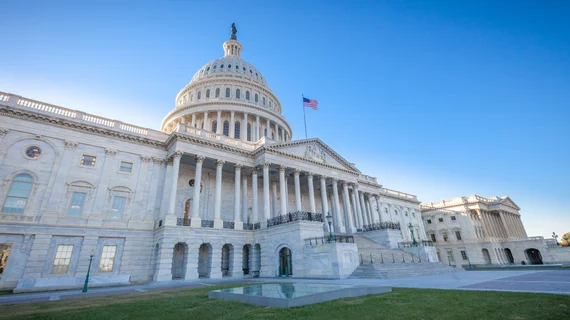Congress to look into drug prices
Rising drug prices have caught the attention of the Congressional Committee on Oversight and Reform, which announced it will open a “sweeping” drug price investigation.
The announcement comes just two weeks after many drug companies announced price hikes at the start of 2019.
Rep. Elijah Cummings (D-MD), chairman of the committee, sent letters to 12 drug companies asking for detailed information and documents about pricing practices. Specifically, the investigation seeks information and communications on price increases, investments in research and development and corporate strategies to preserve market share and pricing power.
The investigation’s launch comes after a recent study revealed that drug cost increases––which have outpaced general and medical inflation rates––are largely caused by drug companies raising prices, rather than the emergence of new, innovative therapies and treatments. Hospitals and the federal government have been impacted by higher drug costs; CMS predicts the agency will spend $99 billion in 2019 on Medicare Part D prescription drugs alone.
From 2005 to 2017, 94 percent of widely used brand-name drugs on the market more than doubled in price, according to the committee, citing AARP.
“For years, drug companies have been aggressively increasing prices on existing drugs and setting higher launch prices for new drugs while recording windfall profits,” Cummings wrote. “The goals of this investigation are to determine why drug companies are increasing prices so dramatically, how drug companies are using the proceeds, and what steps can be taken to reduce prescription drug prices.”
The committee plans to hold several hearings in the coming weeks to listen to experts in the field and patients who have been affected by rising drug prices.
The companies Cummings reached out to include:
- AbbVie
- Amgen
- AstraZeneca
- Celgene Corporation
- Eli Lilly and Company
- Johnson & Johnson
- Mallinckrodt PLC
- Novartis AG
- Novo Nordisk
- Pfizer
- Sanofi
- Teva Pharmaceutical Industries
President Trump and his administration have repeatedly promised to lower drug prices, and HHS has put forth some initiatives that could have an impact if implemented, including a plan to base reimbursements for Medicare Part B medications on an international pricing model and force drug companies to publish prices in advertisements.
Trump and HHS Secretary Alex Azar recently lashed out at drugmakers for their 2019 price increases through Twitter.

